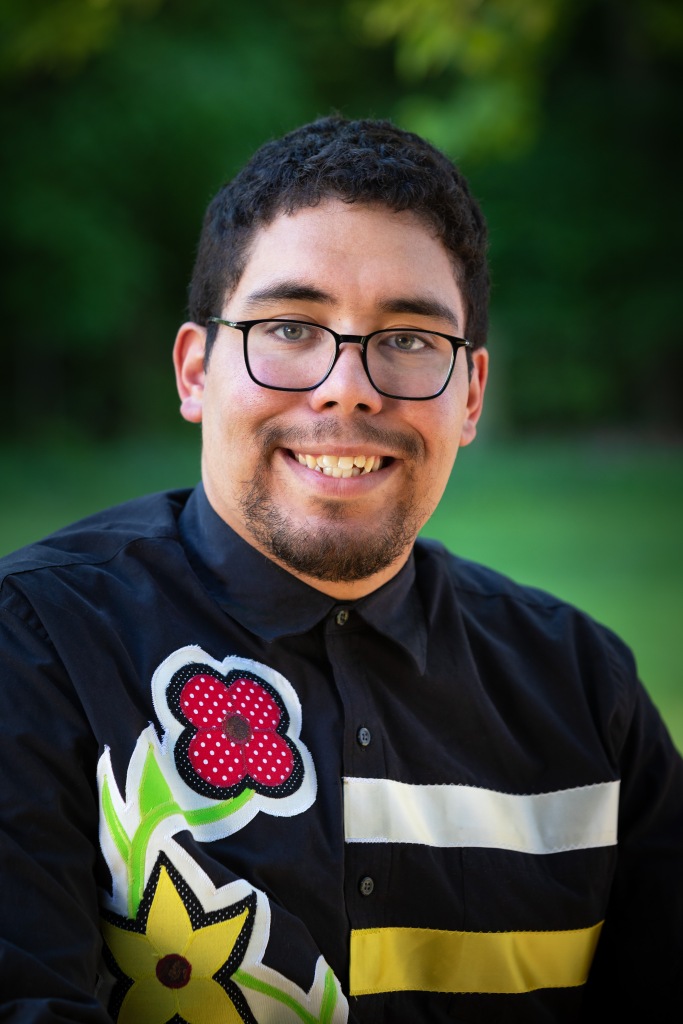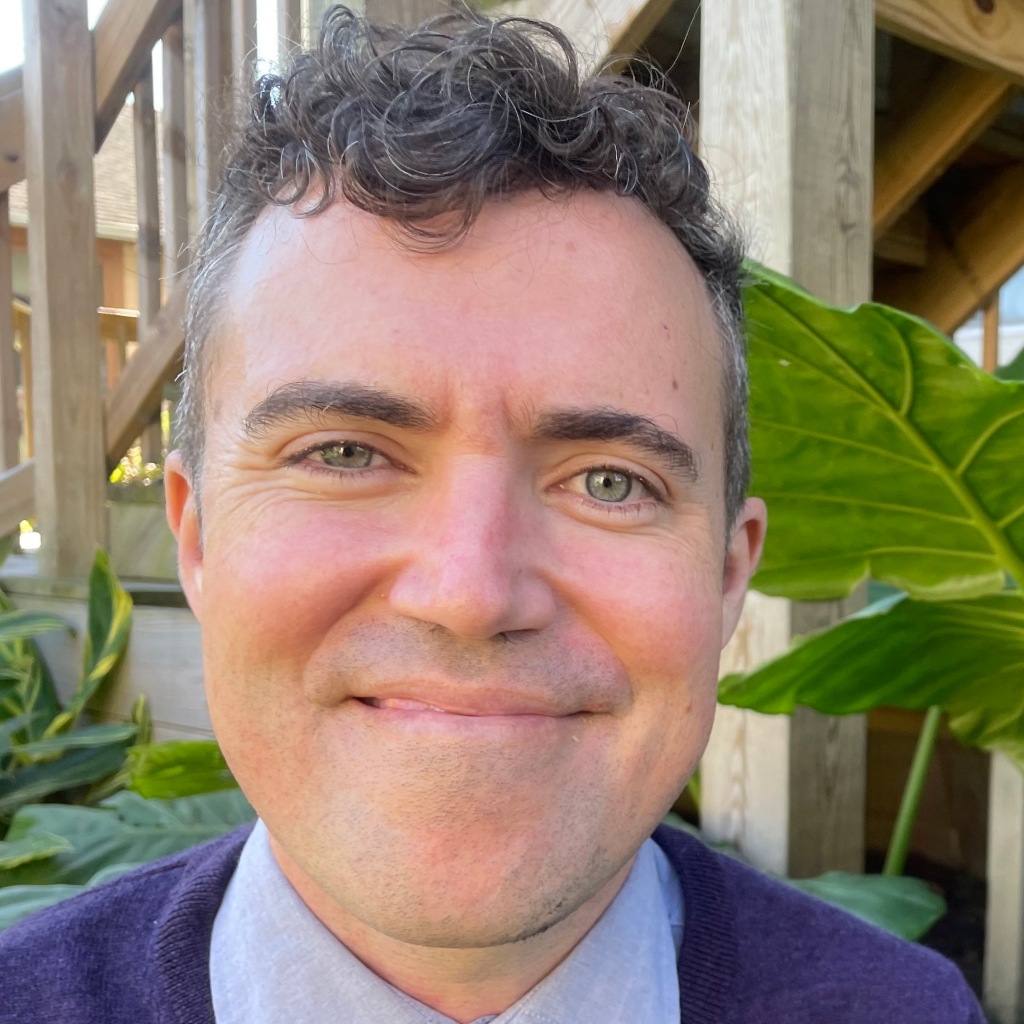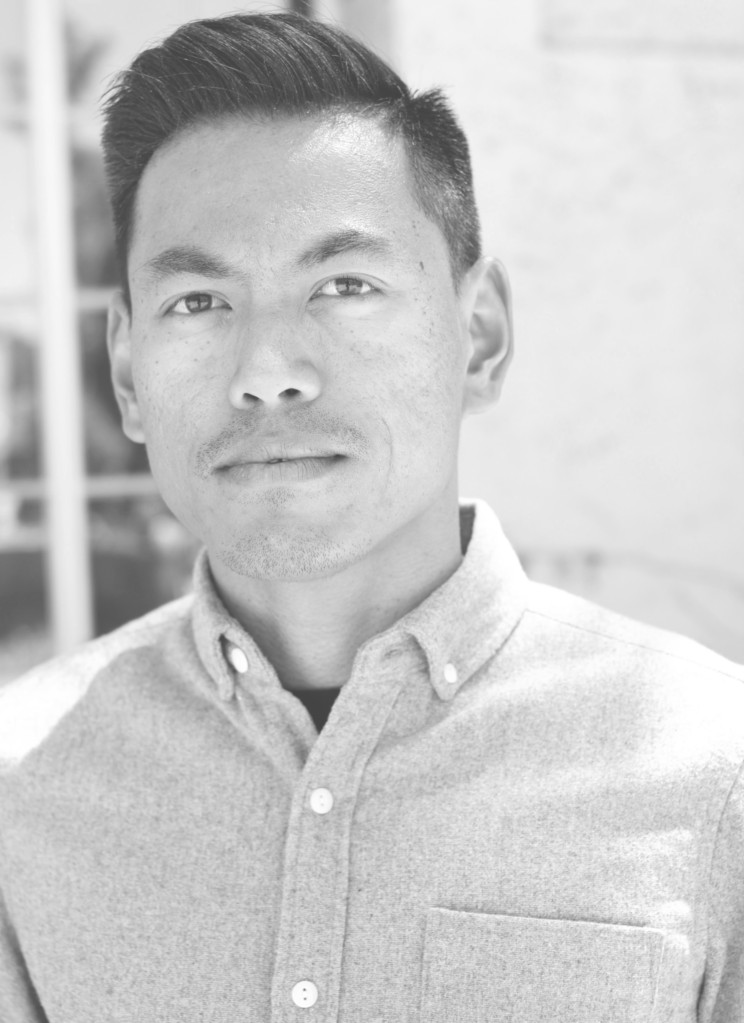The current members of the Antipod Sound Collective are:
Asha Best (Clark University)

Asha Best is an Assistant Professor in the Graduate School of Geography at Clark University. She holds a PhD in American Studies from Rutgers University, and a Masters in Pan African Studies from Syracuse University. Her research is concerned with Black informality as a means of understanding urban crises and the making of cities after 1965. She extends this research to consider various practices of planning and surveillance that seek to foreclose upon Black people’s collective experiments with the urban. Her research has been published in Environment and Planning D: Society & Space and the Annals of the American Association of Geographers and supported by the Urban Studies Foundation. She is currently at work on a digital project exploring the relationship between urban restructuring and contemporary practices of policing through data visualization and visual storytelling. She is involved in a number of collaborative engagements aimed at promoting collective study of the promise and practice of spatial justice, including serving on the steering committee for the forthcoming Beyond Inhabitation Lab hosted at the Polytechnic of Turin in Turin, Italy.
Carrie Freshour (University of Washington)

Carrie is a Southerner, abolitionist, and assistant professor of geography at the University of Washington. Her work analyzes the political economy/ecology of industrial food and agriculture through a focus on Black geographies, labor and environmental justice, and abolitionist futures in and of the US South. This primarily develops through her in-progress book manuscript Making Life Work: Black Families, Racial Capitalism, and the Poultry Capital of the World which provides an ethnography of racial capitalism through the daily lives and labors of Black women poultry workers in Northeast Georgia. She relies on ethnographic, participatory, and multimedia methodologies to collaborate with groups that challenge capitalist relations of work and build abolitionist futures. Her work appears in Antipode, Food & Foodways, Society & Space, and Monthly Review. She currently serves on the e-board of the Socialist and Critical Geography Specialty Group of the AAG.
Follow Carrie on Twitter @cfresssh
Deondre Smiles (University of Victoria)

Deondre Smiles is an Assistant Professor in the Department of Geography at the University of Victoria, in B.C., Canada. Deondre is of Ojibwe, Black, and settler descent, and is a citizen of the Leech Lake Band of Ojibwe. His research interests are multifaceted, including Indigenous geographies/epistemologies, science and technology studies, and tribal cultural resource preservation/protection. His current research agenda centers around investigating the ways that lessons learned by tribal nations in the defense of deceased tribal members, such as burial grounds/site protection and preservation, can be extended to protection of the living environment, including more-than-human kin (animals, plants, water), creating new political possibilities for all living things, humans and more-than-human alike, in an era of climate crisis. Deondre argues that all of these things represent a particularly effective form of ‘quotidian’ or everyday resistance against the settler colonial state and settler colonial structures. Deondre currently serves as the Chair of the Indigenous Peoples Specialty Group of the American Association of Geographers (AAG). He is also a member of the Native American and Indigenous Studies Association (NAISA), and the Canadian Association of Geographers. (CAG). Deondre is also the principal investigator of the Geographic Indigenous Futures Collaboratory at UVic.
Follow Deondre on Twitter @DeondreSmiles
Theo Hilton (Tulane University)

Theo Hilton is a Ph.D. candidate in Cultural Anthropology at Tulane University and National Academies of Science policy fellow at the Environmental Protection Agency’s Gulf of Mexico Division. He has an M.A. in Cultural Anthropology from Tulane and a B.A. in Sustainable Development from Columbia University. His current project, “Southeast Louisiana Freedpeople’s Communities and the Uses of Historic Preservation,” explores resident interventions on exclusionary historic preservation and environmental policies. He is a consultant and inaugural fellow with Tulane’s Mellon-funded Community Engaged Research Program, through which he established a longstanding research partnership with Jane Place Neighborhood Sustainability Initiative (JPNSI), a New Orleans-based community land trust and tenant advocacy organization. With Jane Place, Theo constructed a database of New Orleans affordable rental units at risk of being lost due to sunset clauses and qualitatively investigated renters’ experiences of eviction proceedings. His broader research interests include engaged methodologies, environmental social movements, and the politics of recognition. His work has received additional support from the New Orleans Center for the Gulf South.
Previous members of the Antipod Sound Collective are:
Akira Drake Rodriguez (University of Pennsylvania)

Akira Drake Rodriguez is an Assistant Professor at the University of Pennsylvania’s Weitzman School of Design and School of Social Policy & Practice. Her research examines the politics of urban planning, namely the ways that disenfranchised groups re-appropriate their marginalized spaces in the city to gain access to and sustain urban political power. Using an interdisciplinary and multiple method approach, her research engages scholarship in urban studies, political science, urban history, black feminist studies, community development, urban policy, and critical geography using both qualitative and quantitative data and methods. This research agenda is particularly relevant in these politically unstable times, where cities continue to marginalize underrepresented minority groups by defunding public institutions, promoting urban policies that subsidize their displacement while limiting affordable housing options, and continuing the funding and support of a militarized police force.
Follow Akira on Twitter @akiradrake
Alex Moulton (University of Tennessee)

Alex A. Moulton is an Assistant Professor in the Department of Sociology at the University of Tennessee, Knoxville. His work sits at the intersection of human-environment geography and social theory, with a focus on the ways race, power and social capital mediate outcomes of agrarian change and environmental politics. He is interested in thinking through questions of care, liberation, justice and kinship. Presently, his research examines identity, spatial narratives and conservation management in Jamaican Maroon communities. He completed a BSc. with a major in geography and a minor in geology at the University of the West Indies, received a MS from East Carolina University, and a MA and PhD from Clark University.
Follow Alex on Twitter @AMoulton876
Allison Guess (CUNY Graduate Center)
Sound Collective Founding Member, October 2017–March 2020

Allison Guess is a PhD Candidate in Earth and Environmental Sciences (Human Geography) at The Graduate Center at the City University of New York. Her research seeks to explain and define Black people’s specific relationships to land in the Western Hemisphere by further developing the category “Black Land.” Currently, Guess is a Communications Fellow at the Bernard L. Schwartz Communication Institute at Baruch College and a Writing and Pedagogy Consultant at Macaulay Honors College. Some of Guess’ published scholarly work can be found in Deterritorializing/ Reterritorializing: Critical Geography of Educational Reform (2017), American Quarterly (2016), Decolonization: Indigeneity, Education & Society (2014), Departures in Critical Qualitative Research (2014). Guess holds a BA in Hispanic Languages and Literatures and a BA in Political Science from the University of Pittsburgh. Outside of academia, Allison is a member of the Black/Land Project and she researches, gardens, educates, and collaborates with many Black-led land justice initiatives.
Follow Allison on Twitter @AllisonGuess1
Brian Williams (Mississippi State University)

Brian Williams is an Assistant Professor in the Department of Geosciences at Mississippi State University. His work centers questions of racism and justice in human-environmental politics, with a focus on food and agriculture. His current research traces the political ecologies of racial capitalism through an investigation of cotton and pesticides in the development of contemporary technologies and landscapes of industrial agriculture. He is committed to the work of cultivating more just, sustainable, and livable landscapes and ecologies in the U.S. South, and is indebted to Black geographies, and in particular, the work of Clyde Woods, as means of envisioning and enacting ecologies for collective flourishing and freedom. He received a PhD in Geography the University of Georgia, an MA in Geography from Ohio State, and a BA in Anthropology from the University of Southern Mississippi. He also was a Geography Postdoctoral Fellow at Dartmouth College.
Follow Brian on Twitter @brainilliams
darren patrick/dp (University of Toronto)
Sound Collective Founding member, October 2017–June 2020

darren patrick/dp is a Lecturer in Gender, Environment, and Activism at the University of Toronto’s Women and Gender Studies Institute. Their activism and inter-/anti-disciplinary research are grounded in transfeminist and queer autonomous praxis. Since 2015, they have worked with the Bologna, Italy-based Laboratorio Smaschieramenti to translate the collective’s transversal approach to politics for Anglo-American scholarly and activist audiences. Beyond this work, they were co-guest editor for a special issue of Environment and Planning D that staged feminist, queer, anti-racist, and decolonial engagements with the “planetary urbanization” research framework. Currently, they are co-editing a book for Wiley’s Antipode Book Series that integrates feminist urban theory and social reproduction theory in order to elaborate a feminist urban theory for our times. Some of their other recent writing can be found in The Avery Review and The Guardian.
Follow dp on Twitter @QueerNature
KT Bender (UCLA)

KT Bender recently completed her Ph.D. in Geography at the University of California, Los Angeles. Her work centers the question of how social movements cultivate solidarity and political will, particularly across national boundaries. Her current research is about the urban cultural geographies of a loose collective of creative activists based in Tokyo, and she has written about how they negotiate issues related to race and gender through emotions and affect, placemaking and digital space. She holds an MA in Social Studies and Global Education from Ohio State and a BA in Politics from Ithaca College. She is also involved in low-income housing organizing and creating spaces for gleaning and sharing.
Follow KT on Twitter @KTsukasaa
Nerve Macaspac (College of Staten Island, City University of New York)

Nerve V. Macaspac is a political geographer and an Assistant Professor of Geography at the College of Staten Island, City University of New York (CUNY). His current research examines spaces for peace, specifically the phenomenon of community-led demilitarized geographic areas or peace zones to better understand the spatialities of peace and peace more broadly. He teaches Urban Geography and Geographic Information Systems (GIS). Prior to moving to New York City, Nerve lived in San Francisco where he hosted a weekly live radio show, Possible Futures, at the San Francisco Community Radio (formerly KUSF-in-Exile). Nerve is also a filmmaker and curator, and served as a member of the Board of Directors of the Echo Park Film Center in Los Angeles. He has a PhD in Geography from UCLA and a Masters from UC Berkeley.

